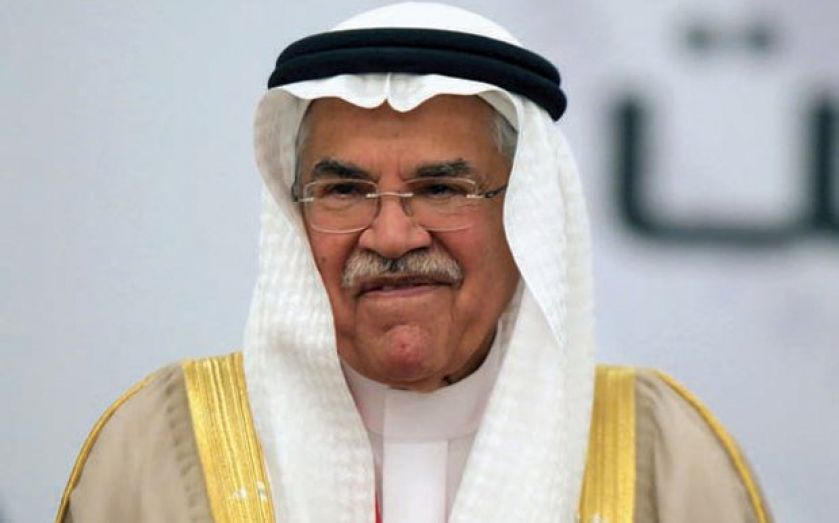Opec cuts: No line in the sand for oil – CNBC Comment

Not that I’m trying to do myself out of a job, but I’m a tad amazed by the furore building up about this Thursday’s Opec meeting in Vienna. I haven’t been to all the previous 165 gatherings, but I’ve been to most of the last 25 or so, and all of a sudden it’s become the biggest story in town. Just what do all the new-found oil fanatics think is going to happen?
The scenarios range from no change to the official Opec production level of 30m barrels per day to up to 2m barrels being taken off the table by the group that controls about a third of current global supply. The key here is the word “official”. You see Opec hasn’t changed the “official” production level for around three years, and yet has the group been consistently producing exactly that amount? Of course not.
The critics have accused Opec of “cheating” for years. The supporters say there has been a consistent adjustment of supply, which has kept prices stable for the last three years before the recent 30 per cent rout in crude prices.
And throughout most of the past few years, most of the members have been at “full tilt” – producing just about every barrel they can get out of the ground to take advantage of the high price environment. It’s really only been the Saudis and their Gulf Cooperation Council allies who have taken up the role of swing producers
Now, though, the Saudis have a whole host of problems from both within the group and from non-Opec powerhouses such as the US and Russia. If the Saudis were to back an Opec cut of up to 2m barrels a day, two big questions arise. One, will non-Opec producers just fill the market gap that creates? Perhaps more importantly given the upheaval in the Middle East, will the Iranians, if they get their nuclear deal, and the Iraqis play ball? Both are itching to boost their production and reckon they’ve got the reserves to take on Saudi Arabia.
I remember the normally cryptic Saudi oil minister Ali al-Naimi absolutely furious three years ago in Vienna when he told me and other “Opec scrum” reporters that “it was the worst meeting ever”. This time, Iraq and Iran may give the green light to a production cut “officially” but who is going to take their oil off the table? Equally importantly, who can afford to do so?
When you look at the list of members, the truth is they are all pretty desperate for the petro-dollars. From Nigeria to Libya, from Venezuela to Iran, national budgets are in bad shape.
So my advice is by all means get excited if Opec pushes through its “official” production cut on Thursday, but then take a deep breath and watch who actually follows through with the painful deed. The cut may not necessarily been the line in the sand that beleaguered oil bulls have been looking for.
Steve Sedgwick is anchor of SquawkBox Europe on CNBC (in Vienna this week).
